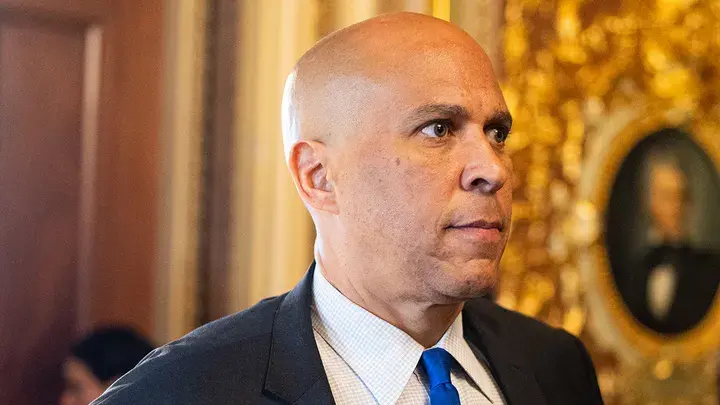Trump Imposes 10% Tariff on Australian Exports Amid Trade Dispute
- Iruni Kalupahana

- Apr 4, 2025
- 2 min read
Iruni Kalupahana Jadetimes Staff
I. Kalupahana is a Jadetimes news reporter covering Australia

America imposed a 10% tariff on all Australia's exports in President Donald Trump's sensational world trade policy. In invoking protectionism, or trade barriers, such as Australia's ban on US imports of beef, Trump called the action a "reciprocal tariff."
Australian Prime Minister Anthony Albanese denounced the action as "totally unwarranted" but ruled out retaliatory tariffs, emphasizing that they would only contribute to economic downturn. He warned, however, that the action would impact Australia's perception of its relationship with the US and suggested possible resolution of the conflict under the two nations' free trade agreement.
The 10% baseline tariff on Australia is lower than on China, Malaysia, Vietnam, and Cambodia at 49%. The action comes just weeks after Trump suggested 25% tariffs on Australian steel and aluminum.
Opposition leader Peter Dutton criticized Albanese's reaction to the crisis, declaring the tariffs would harm Australian jobs and indicate the prime minister was weak on US policy. He further observed that Albanese's attempts to have Trump hold talks before making the announcement fell through.
Trump defended the move in his "Liberation Day" speech, referring to Australia's 2003 ban on US fresh beef, which it had imposed after instances of mad cow disease in North America. Having acknowledged Australia's move to protect its farmers, he asserted that the tariffs were a reasonable action.
While excluding retaliation, Albanese maintained that Australia would consider formal trade dispute procedures if needed. The tariffs come at a delicate time in Australia's election campaign, where economic concerns, including the cost of living, are paramount.
As tensions rise, the economic and diplomatic impact of Trump's trade policies on US-Australia relations remains to be seen.











































Comments